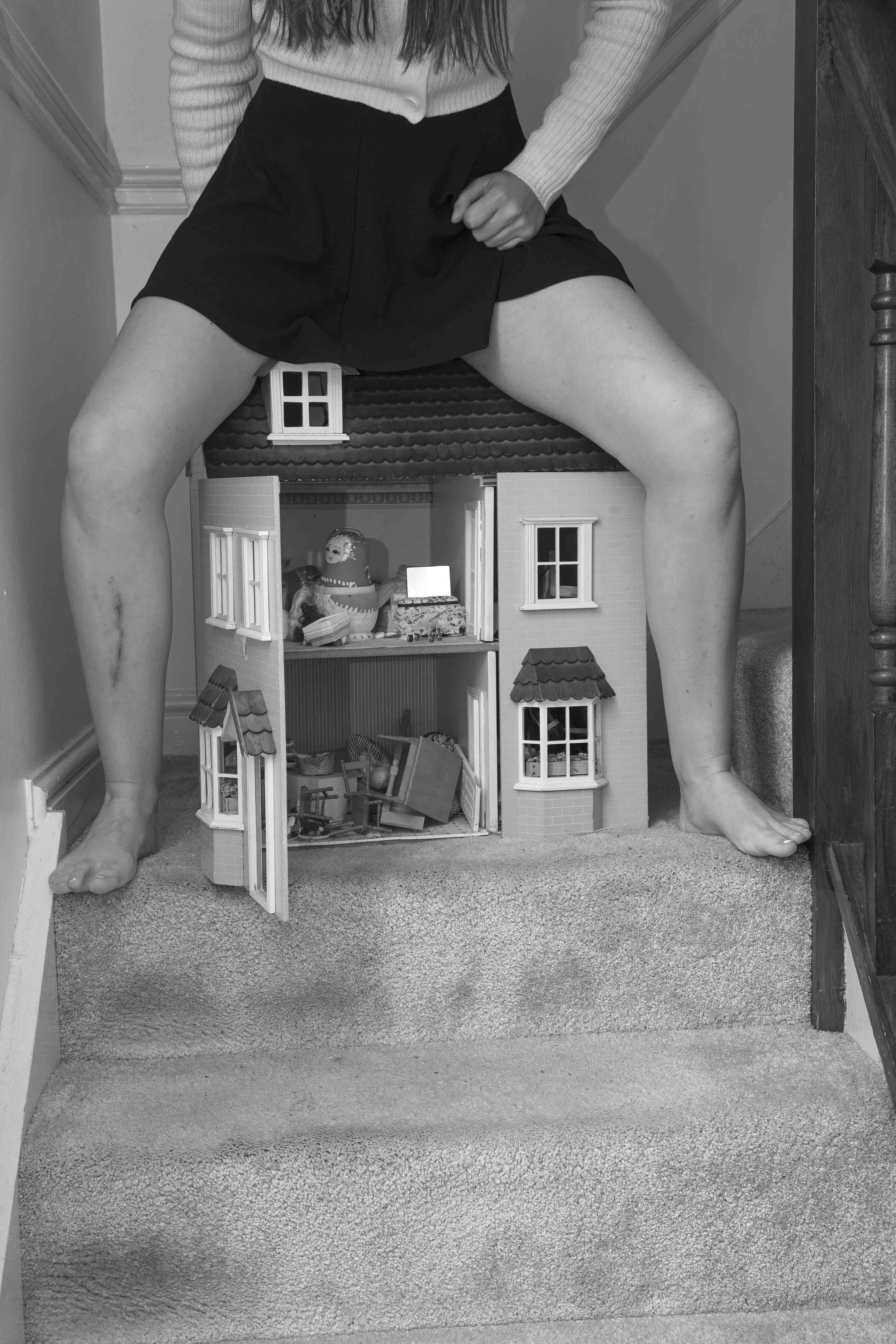GLAZ Festival: Ada Marino and Kaylee Francis
Ffotogallery are thrilled to announce we will be presenting the work of Ada Marino and Kaylee Francis at GLAZ Festival, Rennes, in France this November.
This partnership with GLAZ festival will start by sharing the work of two Swansea-based photographers at the second GLAZ festival in Brittany, France, with the view to bring Breton and Brittany-based photographers and artists to Wales as part of our biennial FfotoCymru International Photography Festival in October 2026.
This reciprocal partnership is part of our ongoing relationship with various international photography festivals, bringing exciting photographers and photographic artists around the world to Wales, and, crucially, presenting Wales to the world through sharing our artists' work on an international stage.
Discover more about GLAZ Festival here: https://glaz-festival.com/
About Ada Marino:
Ada Marino is an Italian visual artist based in Wales. Working at the intersection between photography and installation, her practice focuses on past events of her subjects, their memories and traumas that re-emerge and manifest as a form of cynical surrealism. Often, her disturbing imagery attempts to conceptualise the repulsion/attraction effect in an attempt to reappraise notions of ugliness.
As a woman, mother and visual activist, Marino's practice focuses specifically on women, representing and documenting their experiences. Throughout Marino's practice, she embraces the causes, concerns and gender issues women are subjected to, and the daily stereotypes which women have to fight against.
About Kaylee Francis:
Kaylee Francis is a photographer from Swansea, South Wales, whose work challenges the stereotyping of working-class communities. She explores how photography and activism can resist misrepresentation and promote agency. Her practice aims to critique the media’s use of clichéd imagery and narratives, highlighting their impact not just on public perception, but on how communities understand themselves.
Francis's work challenges the way working-class communities are seen, not just by others, but by themselves. Through photography, she documents the everyday realities and quiet dignity of her subjects, celebrating their value while resisting sensationalism. While acknowledging the disadvantages that exist, she is equally committed to highlighting the joy, humour, and solidarity that define community life.

